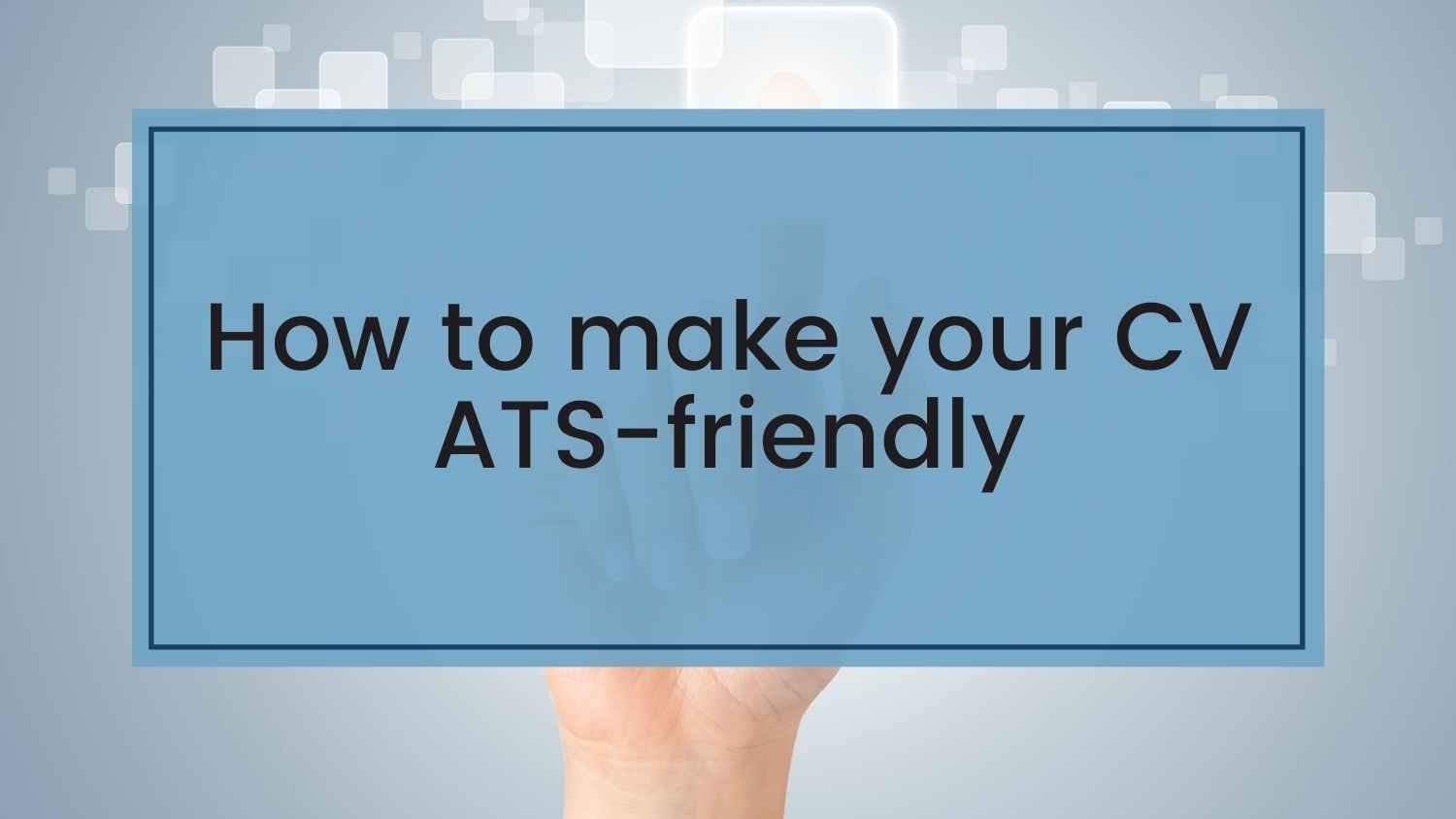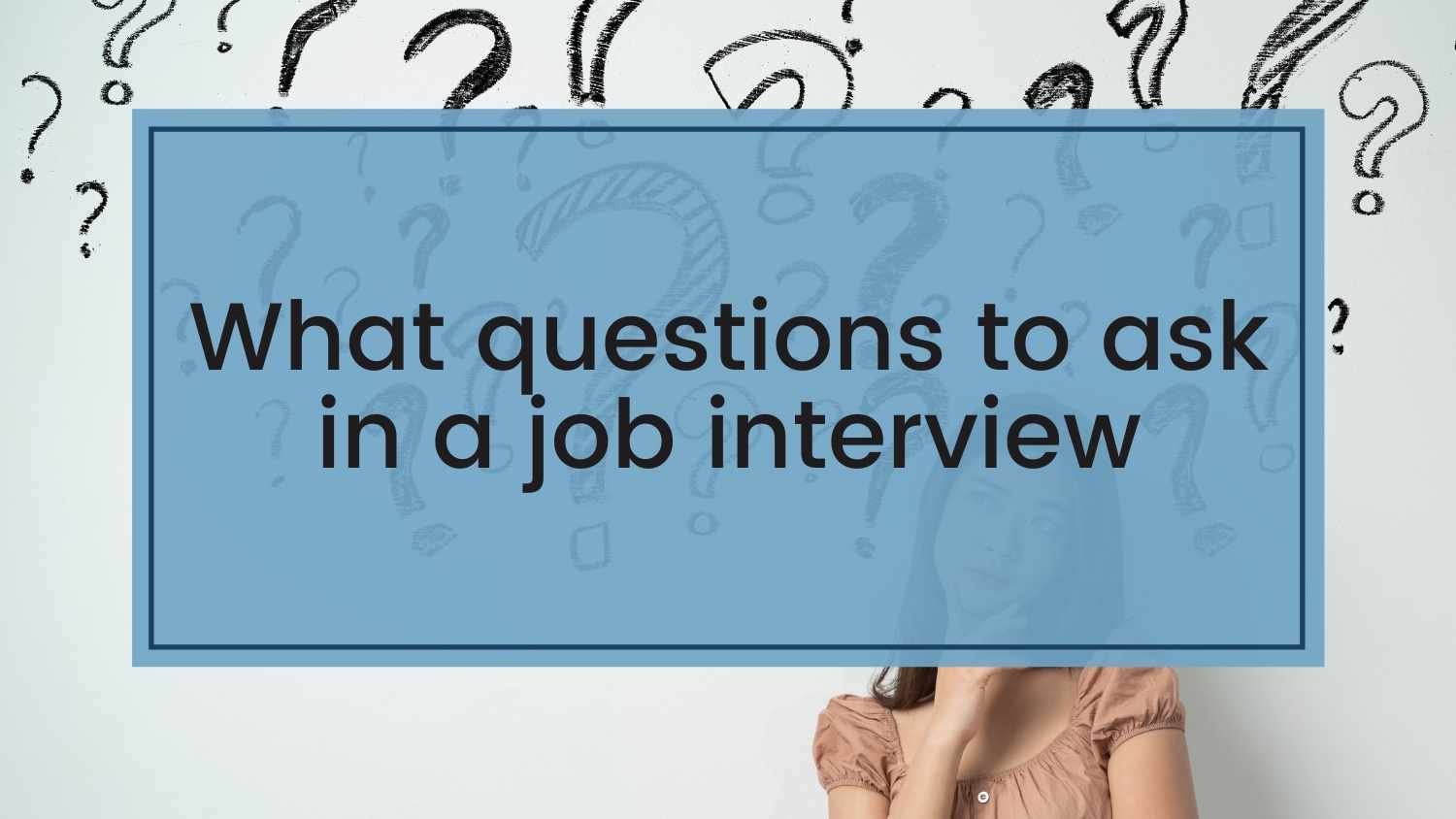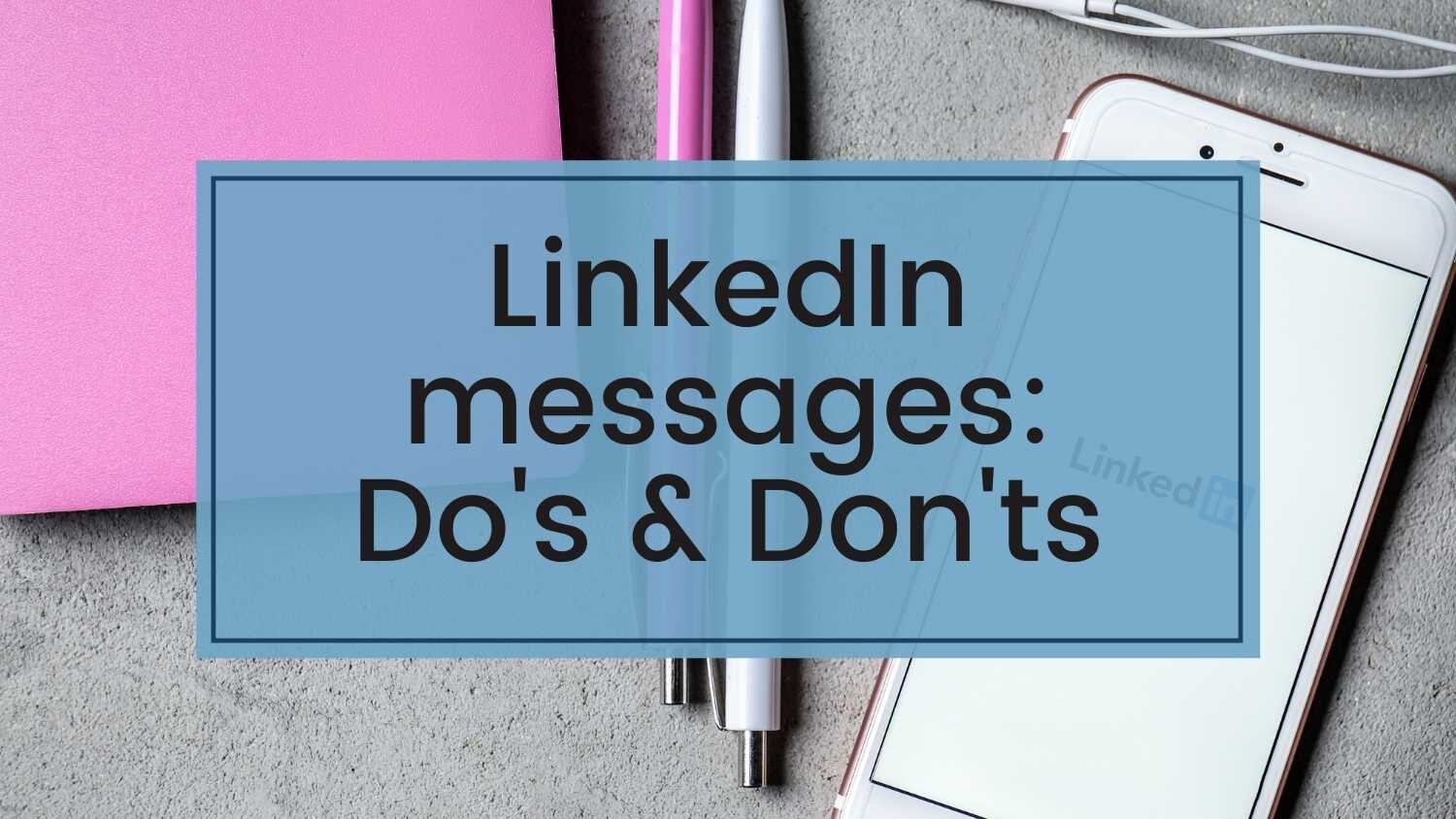6 things to avoid in a job interview
You are invited for a job interview for your dream job and you’ve been preparing for it, so now you know the do’s, but what about the don'ts? Here are some points that you should definitely avoid:
Don’t go unprepared. We have written a detailed article about how to prepare for job interviews. Go through this article and prepare regarding the job ad, the company, and potential interview questions. If you already know the names of the interviewers, familiarize yourself with them so that you can easily remember them in the interview. If the interviewers are using a specific type of software for an online interview, you can check whether you have to download a plug-in or install software to be able to enter the virtual interview room. It can be extremely stressful if you take longer to log in to the interview than you expected.
Don’t say bad things about your former or current employer. There is a reason, of course, why you want to change jobs. Still, even if you leave your previous job on bad terms, don’t talk about it in the interview. Recruiters are hesitant to employ somebody who has a history of bad endings of contracts or who seems to be a difficult person. It doesn’t matter whether it was your fault at all. Be discreet and diplomatic. You can highlight what opportunities you see with the new employer.
Don’t use empty or general phrases. There are standard questions in interviews that are asked very frequently, but that doesn’t mean that you should use standard answers. Unconventional answers are not necessarily helpful in every interview situation, for example, when you are talking about concrete skills or experiences, but if you are too general recruiters don’t perceive you as being authentic. The more you can speak about examples from your professional life to underline your arguments the better it is. One of the most standard questions is about your strengths and weaknesses. Those examples are particularly suitable to give away something about your personality, e.g. that you handled something in a bad way, but you realized your mistake and you act differently now.
Be polite even if interviewers ask difficult questions. In Germany recruiters are quite frank, so they might ask you critical questions which you wouldn’t be asked in other countries or which are difficult to answer. This is on purpose. They want to challenge you and see how you react to uncomfortable questions. Keep calm, even if you don’t know the answer. You can tell them what you know and be frank if there is anything you don’t know. Questions should always be related to professional topics, of course, private questions are not allowed and you are not obliged to answer them (e.g. whether you are planning to have children).
Don’t make your answers too short or too long. Interviewers want to learn something about you. Three-word answers don’t help them to get a better idea of who you are. Give them a bit more, ideally, as mentioned before, with examples from your professional life. At the same time, they have plenty of things they want to ask you, so try to be brief enough that recruiters have the chance to ask several questions or change topics. Keep in mind that they have to base their decision on these 30-60 minutes that they have for each and every candidate and decide who is the best fit for the company. If you realize during the interview that they interrupt you during your answers in order to proceed to their next question, your answers are too long.
Don’t miss the opportunity to ask your own questions. At the end of every interview, you will get the chance to ask questions. Don’t waste this opportunity by not asking anything at all, or by only asking questions about the application process. The interviewers will tell you anyway what the next steps are and until when you will hear from them. So do have content-related questions prepared e.g. about the products or services, about particular tools the company uses or about the way you would be working together in your new team. Those kinds of questions show that you are into the job and you are genuinely interested in how things will be when you start the job. Recruiters are happy to see this kind of interest in the job.
Check out our YouTube channel for more helpful tips on job search in Germany.
Good luck with your interview!










